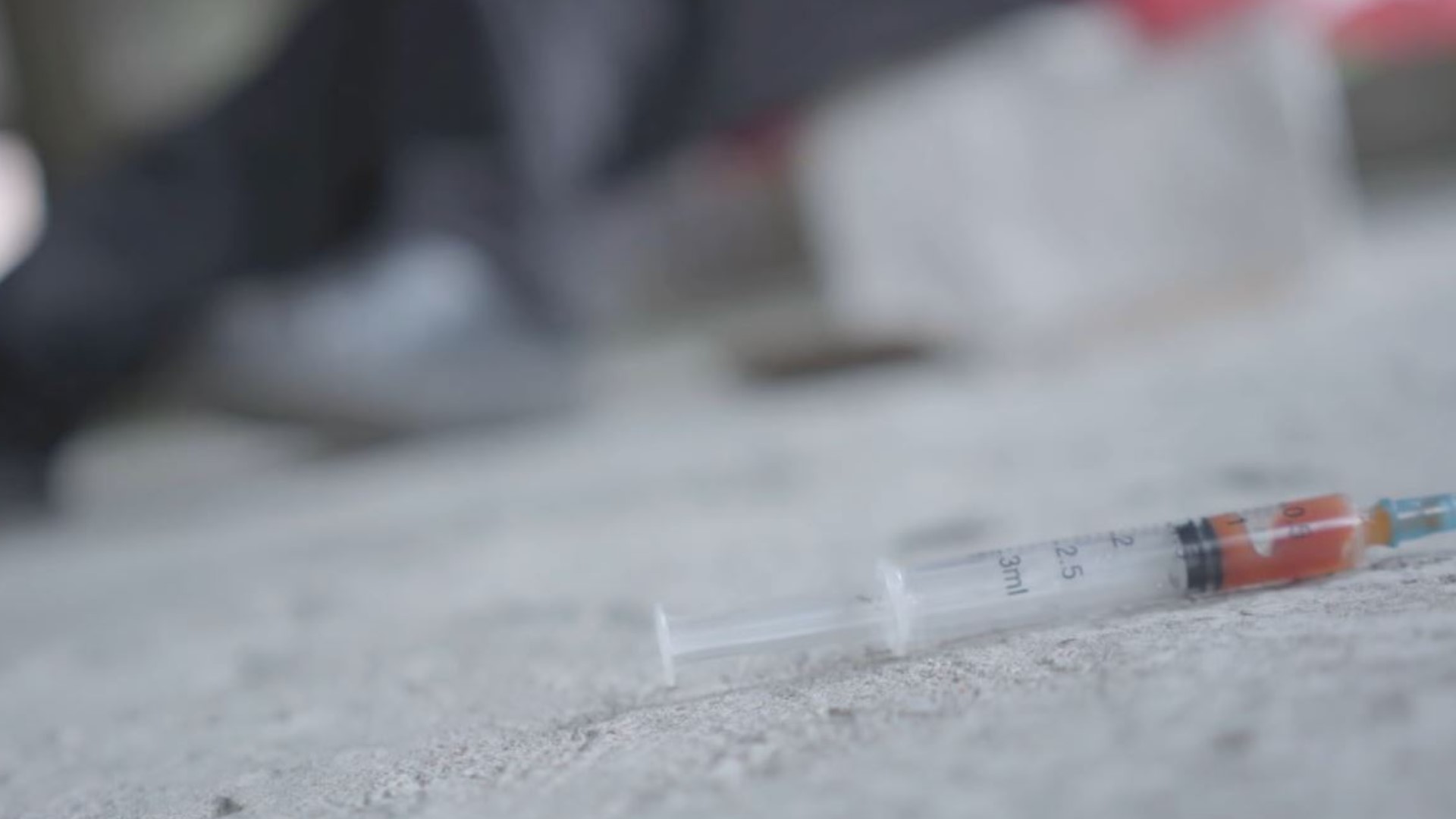SCRANTON, Pa. — According to experts nationwide, overdose deaths are up during this health crisis, as those struggling with addiction and mental health issues have found themselves more isolated than ever.
"We noticed that there definitely was an increase and a surge in opioid-related cases as well as to some extent deaths. Because patients were secluded at home, there was a lot of depression, anxiety, and behavioral health issues," said Dr. Jignesh Sheth of The Wright Center for Community Health.
Newswatch 16 spoke with doctors and health care workers at The Wright Center for Community Health, which has nine locations in northeastern Pennsylvania, including an Opioid Use Disorder Center.
Those locations have been open throughout the health crisis and treating patients.
Workers said what has helped many of those with addiction has been telehealth: video meetings with counselors and health care professionals.
"If they need two visits a week, they can get two visits per week and not have to worry about coming into a facility if they are anxious about COVID. We honestly have increased our visits during COVID, we've had less no-shows, more engagement with telehealth," said Scott Constantini of The Wright Center for Community Health.
Doctors say there are also some brand-new injectable treatments for recovering addicts, which have really helped; patients do not have to come in as often to get them and seem less likely to relapse.
"That has been a blessing because now the patients don't have to do anything for a month, they get 30 days of relief, and they can travel, they can stay at home, they can go to work, and that has been a game-changer in the pandemic. I think before the pandemic, I had three patients on that medicine, and now I have more than 15," said Dr. Sheth.
The health care professionals said this crisis has taught them a lot about what works and what does not with those in recovery.
They say, in the future, they hope there is more support and insurance coverage for options like telehealth.

